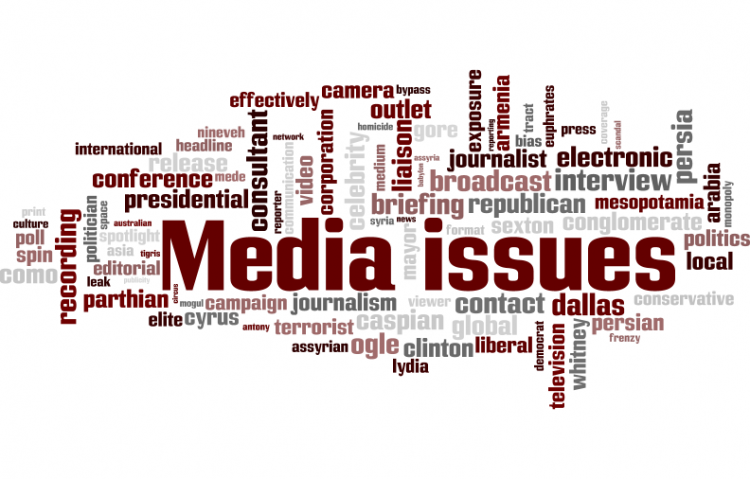
- Target:
- Government
- Region:
- Scotland
I am generating this petition in response to reading an article published in several tabloids and an interview with OK magazine on the week commencing 4th April 2011, concerning a “celebrity’s” revelation of suffering from anorexia and how she is “starving herself to death”.
In the article it was cited that the “celebrity” admits to losing 7 stone over the past year, going for long periods of time without eating because "no way" could she eat every day and that she's not going to do anything about it because she's not ready to overcome it.
I was deeply concerned and disgusted by this. As a sufferer of both anorexia and bulimia nervosa, I am always interested in articles which discuss them. Eating Disorders are all consuming, devastating illnesses which impact both on the sufferer and the people around them. On a personal level, not only do articles, such as the one mentioned, spark my competitive side and make me also want to go for days without eating to be thinner, armed with the knowledge that as the “celebrity” lost 7 stone in one year, therefore so can I; it also sends out a very dangerous message to vulnerable people who idolise celebrities suggesting that anorexia is more a "lifestyle" choice than a serious life threatening illness. Asking for help is one of the hardest things someone with an eating disorder can do and articles such as this ‘glamorise’ the disorder and play down just how serious it is.
Current statistics reveal that roughly 1.6 million people in the UK suffer from eating disorders and research evidence has shown the relationship between the media’s portrayal of what they think ‘society’s’ ideal is and how vulnerable people internalise such messages, consequently can lead to the development of eating disorders (Thompson & Heinberg, 1999; Birkeland, Thompson, Herbozo, Roehrig, Cafri & van den Berg, 2005). Hearing their idol is surviving on coffee and diet coke and isn’t planning on changing that could cause them to adopt her ‘diet’ and the fact that the publication endorses what she said by publishing it is a disgrace. This article both normalises and ‘glamorises’ eating disorders, instead of working with professionals to raise awareness of the destructive consequences suffering from such a disorder can have on an individual’s life. As per Harris (2001), exposure to thin-ideal media leads to the magnification and accessibility of body-specific self-discrepancies and ultimately leads to disordered eating. As well as this a report published by Beat during Eating Disorder Awareness Week documents that 77% of individuals with personal experience of eating disorders find the media focus too much on weight (i.e. the magnified focus in the report of a weight loss of over 7 stone in 1 year) and the physical symptoms of the eating disorder and not enough on the daily mental torture that is life with an eating disorder.
References
Beat. (2011, February 21-28). Beat EDAW Report. Retrieved April 6, 2011, from Beat: www.b-eat.co.uk/home
Birkeland, R., Thompson, K. J., Herbozo, S., Roehrig, M., Cafri, G., & van den Berg, P. (2005). Media exposure, mood, and body image dissatisfaction: an experimental test of person versus product priming. Body Image, 2 (1), 53-61.
Harris, K. (2001). Ourselves, Our Bodies: Thin-Ideal Media, Self-Discrepancies, and Eating Disorder Symptomatology in Adolescents. Journal of Social and Clinical Psychology, 20 (3), 289-323.
Royal College of Psychiatrist. (2010, February 1). RCPsych Eating Disorders Section: Statement on the influence of the media on eating disorders. Retrieved April 10, 2011, from Royal College of Psychiatrist: http://www.rcpsych.ac.uk/pdf/RCPsych%20Eating%20Disorders%20Section%20-%20Statement%20on%20the%20influence%20of%20the%20media%20on%20eating%20disorders.pdf
Thompson, K. J,. & Heinberg, J. L. (1999). The Media’s Influence on Body Image Disturbance and Eating Disorders: We’ve Reviled Them, Now Can We Rehabilitate Them? Journal of Social Issues, 55 (2), 339-353.
Eating disorders are on the rise and affecting children of younger and younger ages and people are increasingly dissatisfied with their body image and weight and research has identified that the media play a key role in this.
I am petitioning, following on from suggestions documented by the Royal College of Psychiatrists, that there be the development of an editorial ethical code.
Such an ethical code would prevent newspapers and magazines from publishing articles which could be detrimental to the well-being and health of the general public.
As the current Government is focused on the country's well-being, I see this as a fundamental issue needing to be addressed.
You can further help this campaign by sponsoring it
The Review Media Impact on Eating Disorders petition to Government was written by Claire Beattie and is in the category Media Issues at GoPetition.